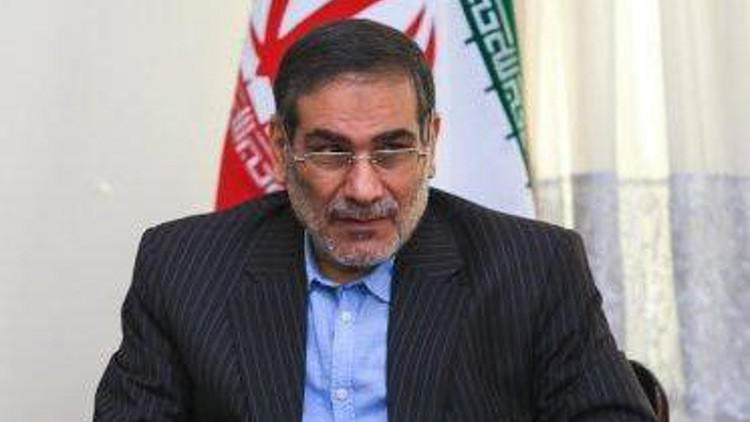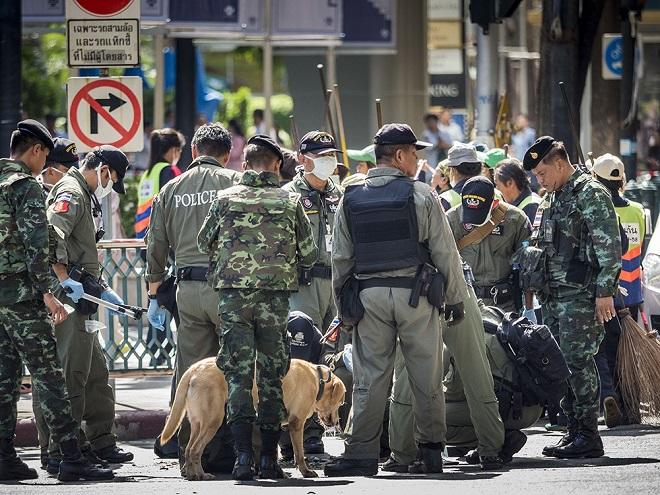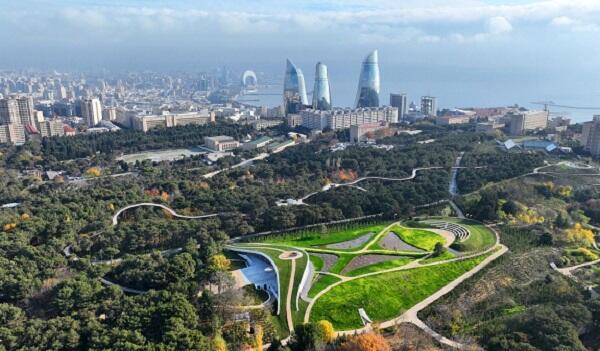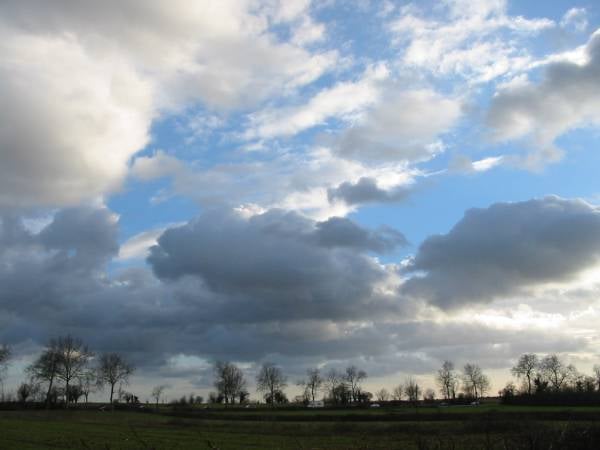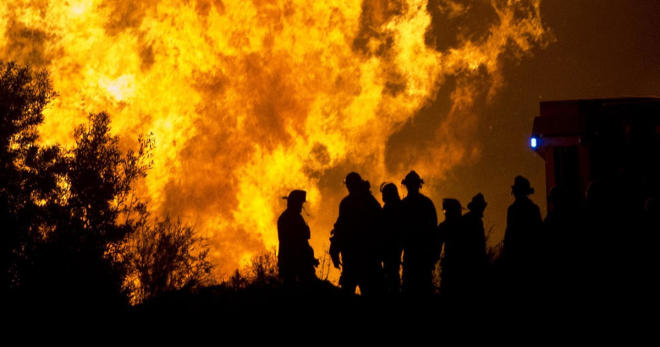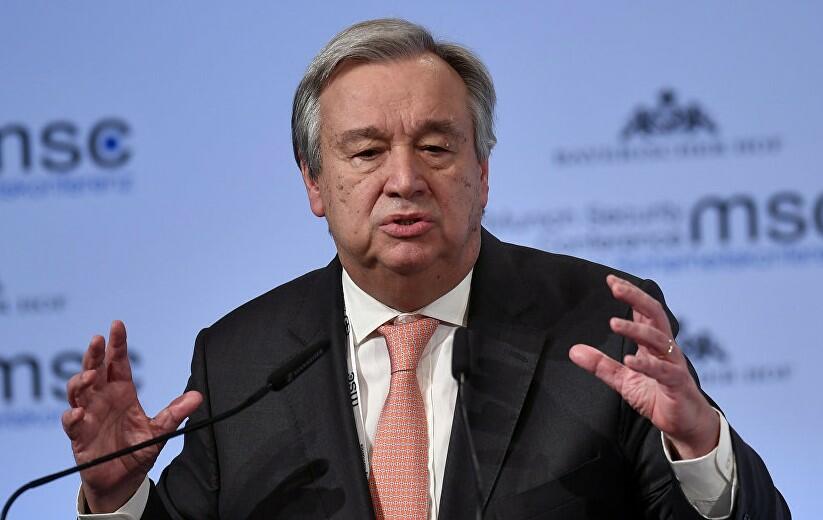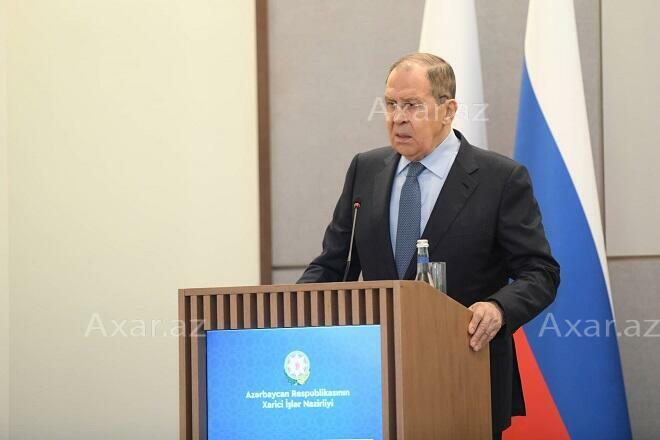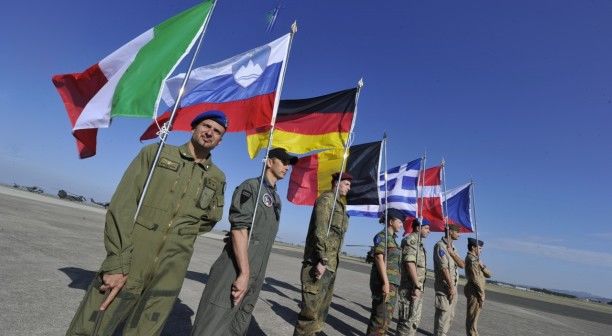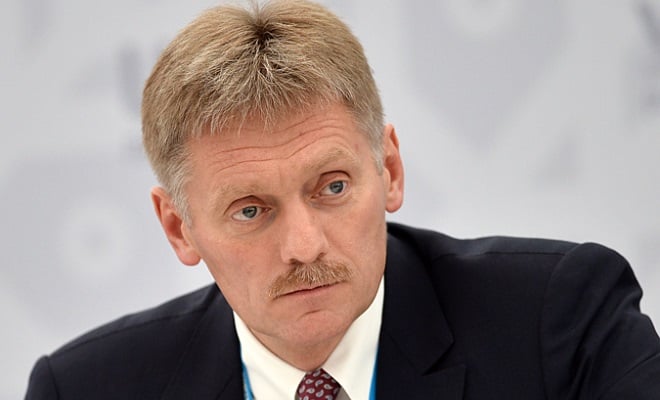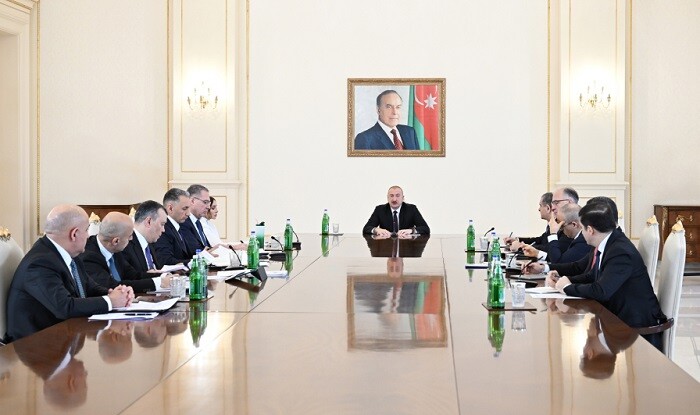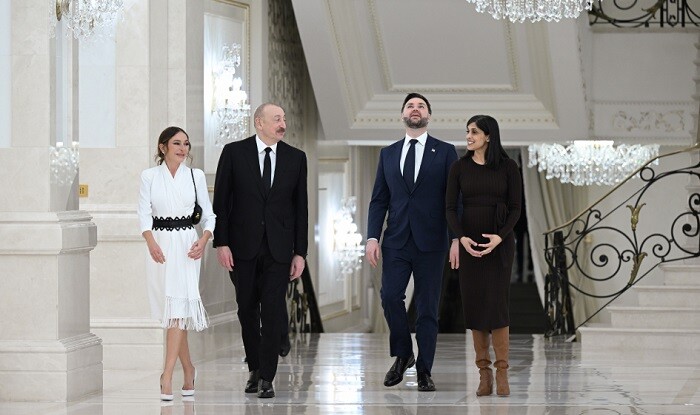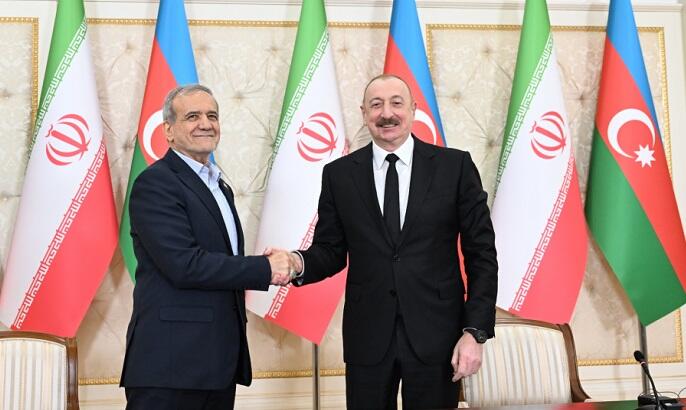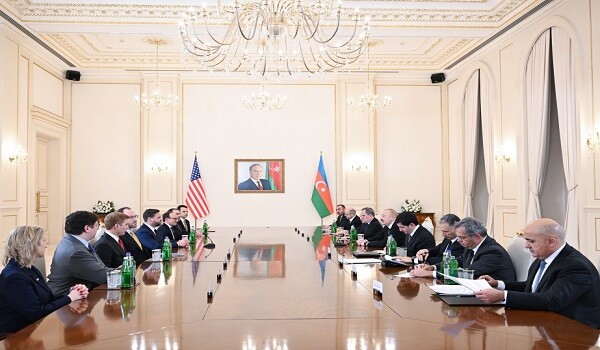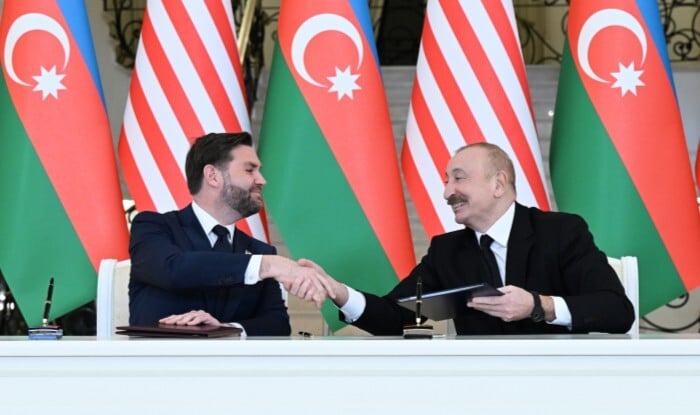Donald Trump is right - European nations must start
spending more on defence. If a member state can't be bothered to
spend its fair share on protecting itself, why should it assume
America will cover its back?
Too many rely on America and, to a lesser extent, the UK to
provide their security. US President Barack Obama made no secret of
his frustration at this, but might President-elect Mr Trump be the
one to finally get tough with the freeloaders?
For context, only five NATO members spend 2% of their GDP on
defence as NATO rules stipulate. They are: US (3.61%), Greece
(2.38%), UK (2.21%), Estonia (2.16%) and Poland (2%).
Encouragingly, collective NATO spending is rising for the first
time in a decade in response to the Russian threat, but some
members still spend a disgracefully low amount: Germany (1.19%),
Spain (0.9%), Belgium (0.85%), Luxembourg (0.4%).
The bottom line is that 2% should not be a target. It should be
the absolute minimum.
"You're worried about an invasion from Russia, so why don't you
spend your fair share?" I asked a defence analyst in Latvia this
week.
"We know America will protect us and we have other important
things to spend our budget on, like education and health," was the
apologetic reply.
Indeed.
The US spends more than double the rest of the 27 other
countries put together - it's no wonder Mr Trump used that as a
campaign tool to win over a disillusioned electorate suffering
high-unemployment and low wages, many of whom frankly couldn't care
less about European security.
The argument that NATO has guaranteed peace in Europe is flawed.
The blunt truth is that it's America, not NATO, that has guaranteed
European peace, with the UK and one or two others being mentioned
in dispatches.
NATO would be nothing without America, and it knows it. The
alliance is still a team built around one star player, and those
kinds of teams are structurally weak.
At the 2014 NATO Summit Wales, and then again in Warsaw this
past summer, leaders pledged to increase spending - in the two
years since, and despite such public commitments, only Poland has
graduated to the 2% club. It's unacceptable and it should be an
embarrassment to those who have failed.
To top it all, the European Union is now ploughing ahead with a
proposal for a common EU defence policy which is the next step on
the road to a combined European military. It is impossible to
imagine how an EU Army might exist alongside NATO.
If most of them can't meet current NATO spending targets, how
can they also expect to commit money to a second alliance? Europe
can't have it both ways.
And what does it say about the collective strength of NATO that,
with a few negative words from Mr Trump, Europe flies into a panic?
It is an unequal partnership and it is weak as a result.
The European end of the alliance needs to wake up and start
taking membership seriously, otherwise face break-up.
Either way, the Trump presidency is the right moment from Europe
to wean itself off its American safety blanket - it would benefit
everyone.
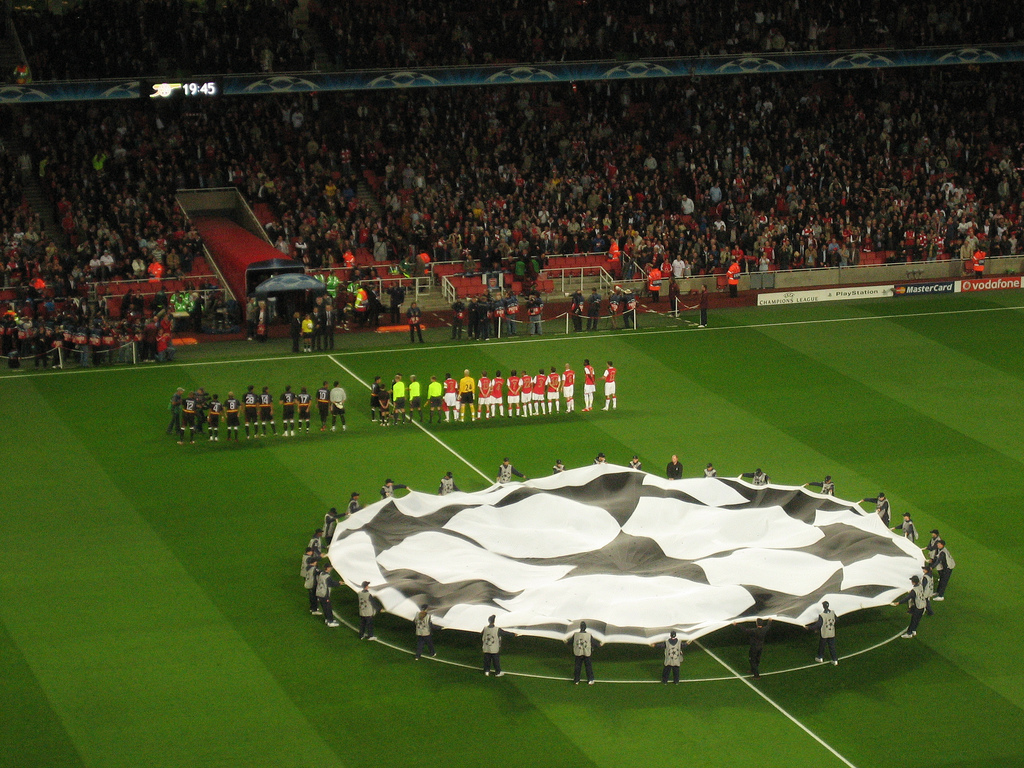

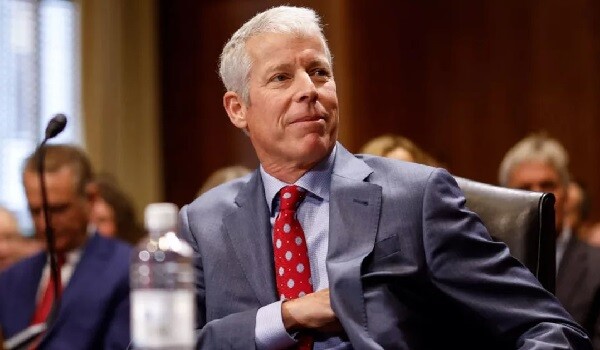
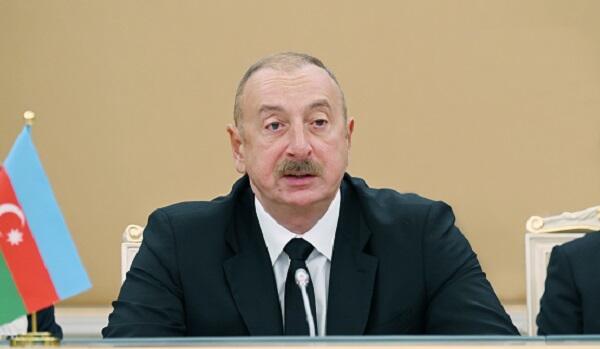
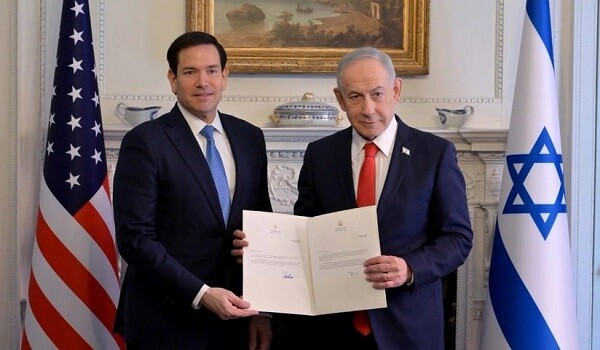
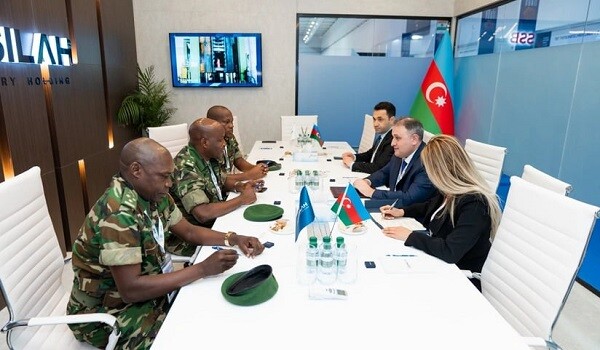
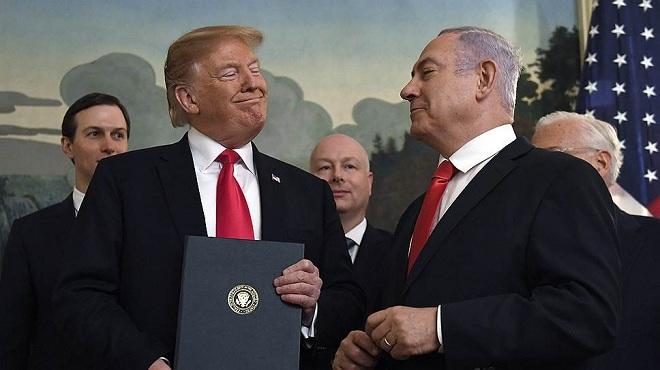
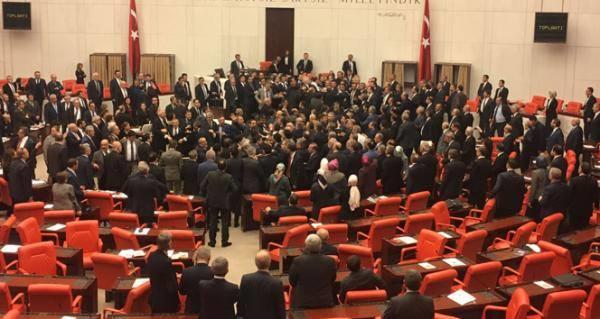
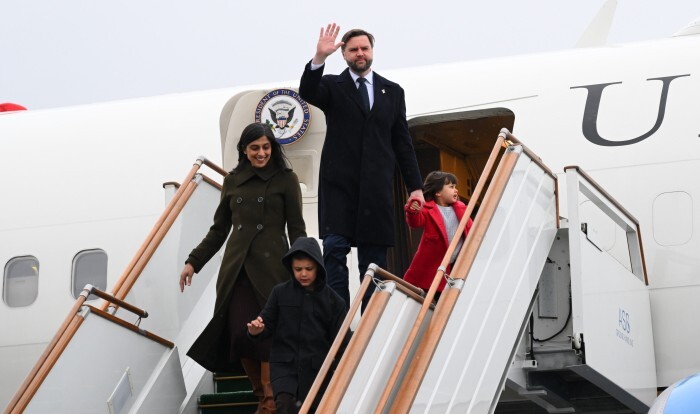
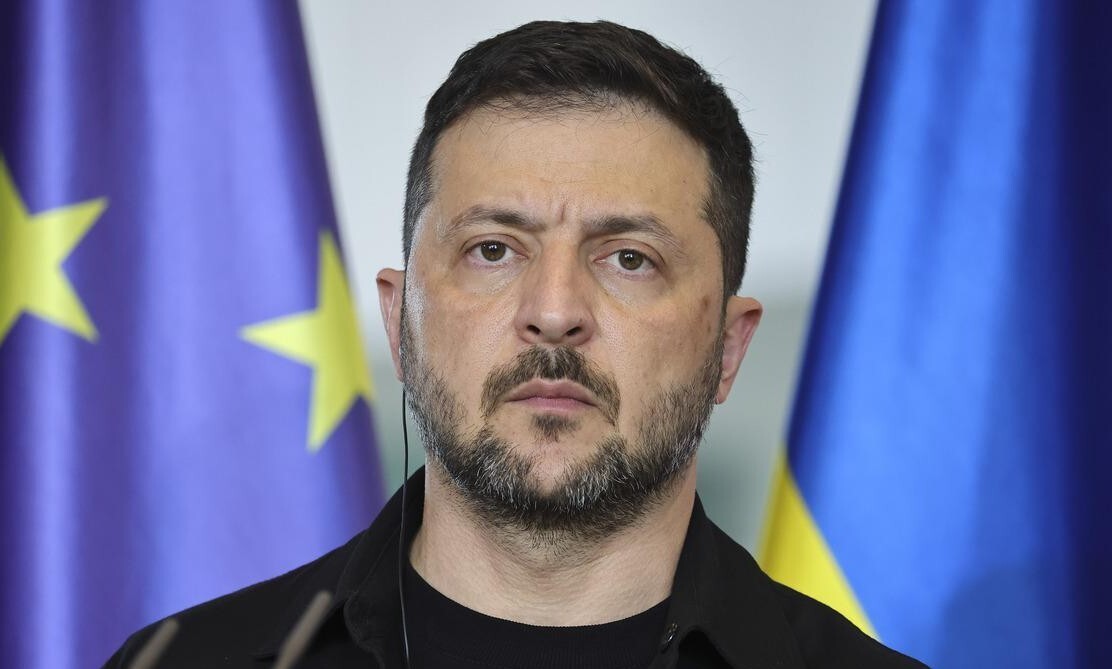
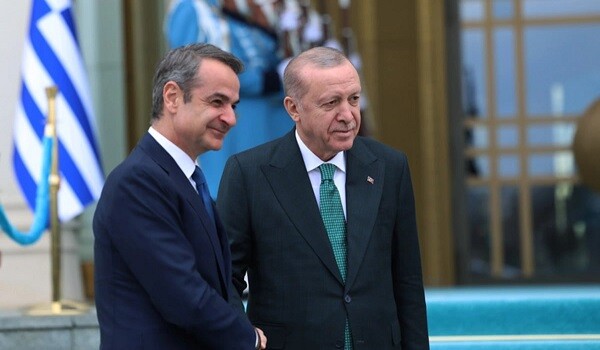

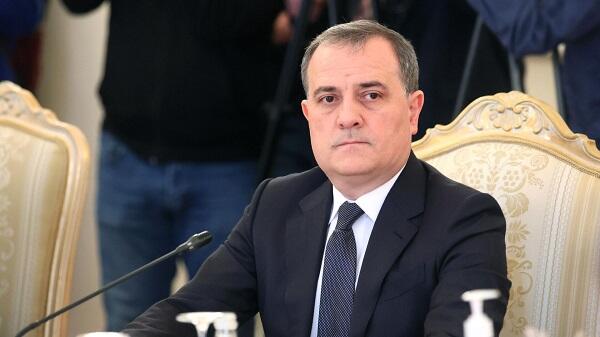

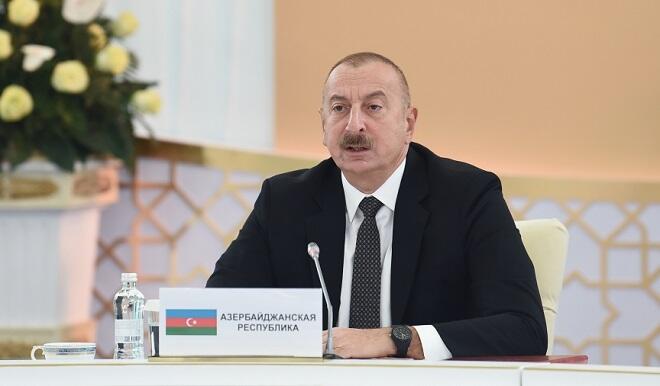
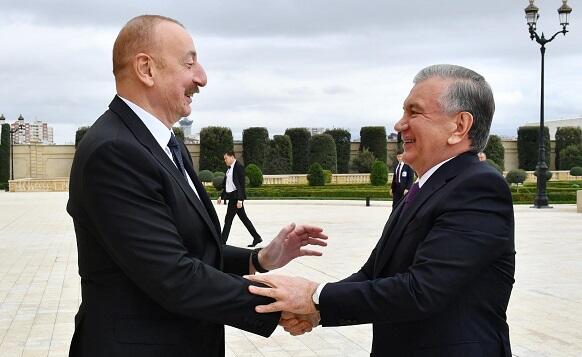
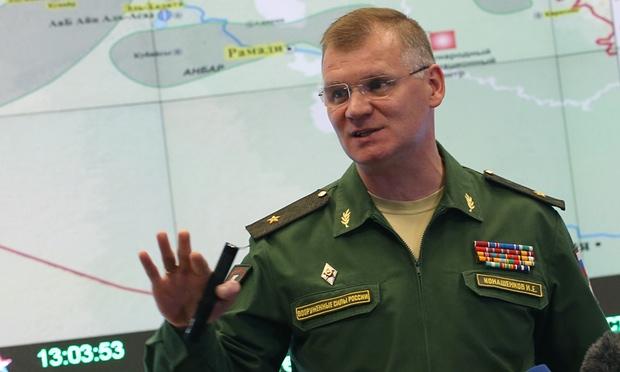

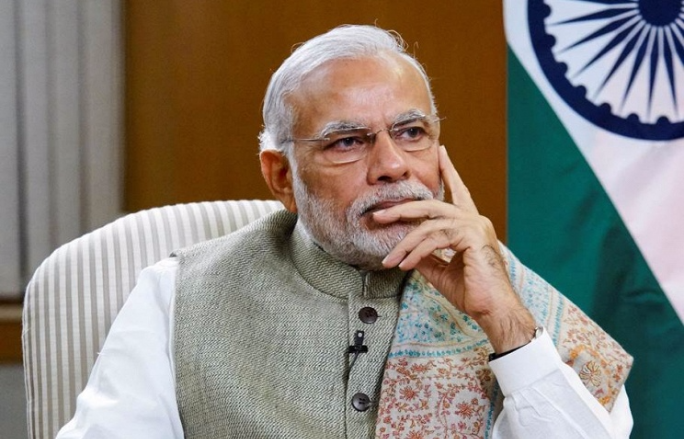
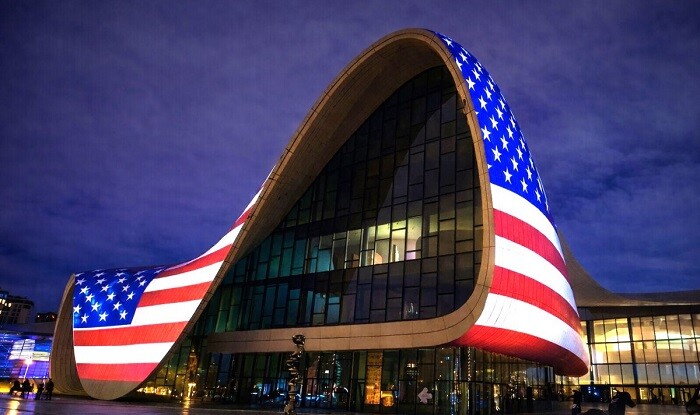
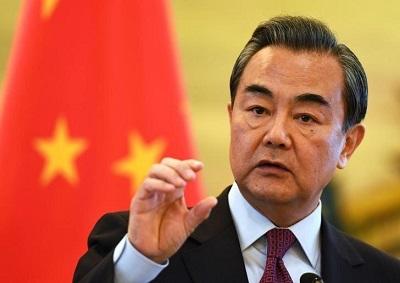
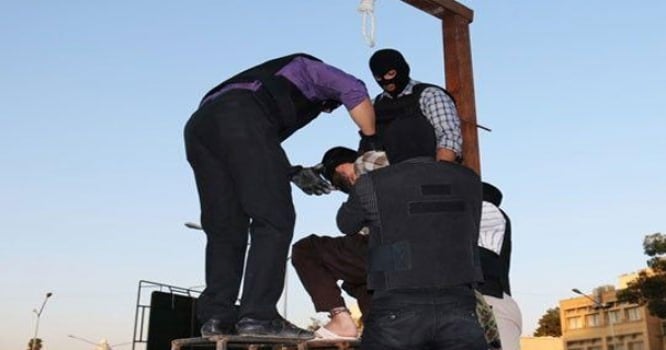
.jpg)
